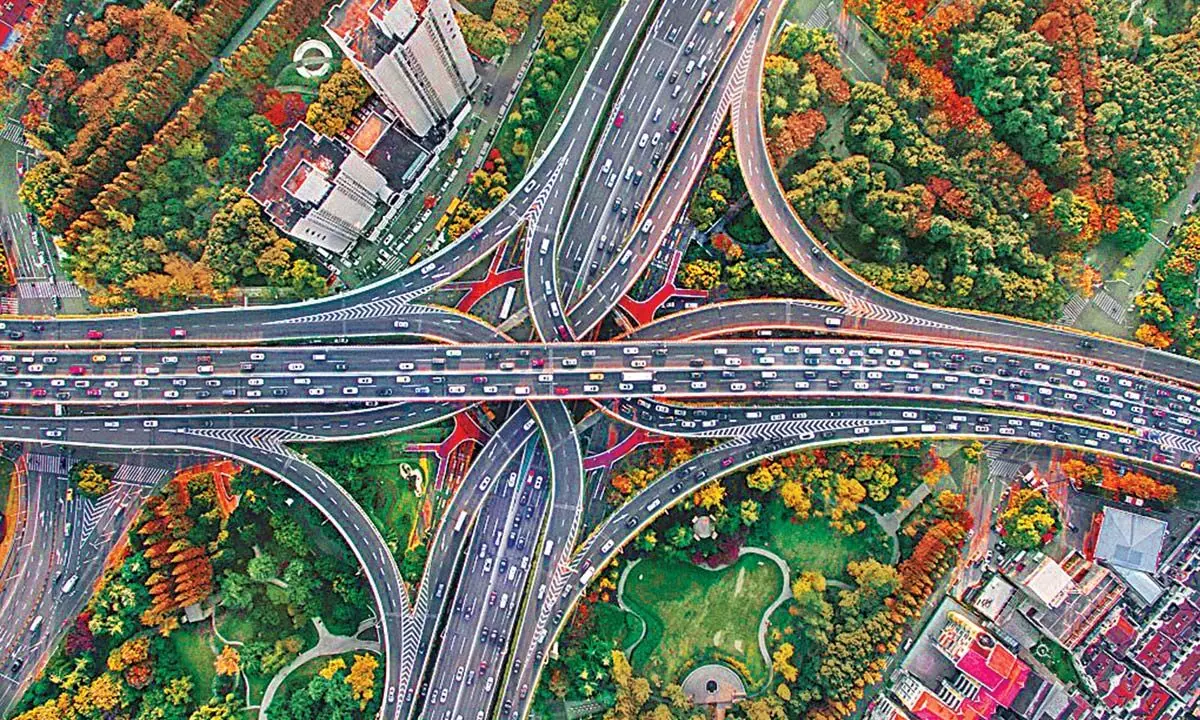How embracing complexity can make things easier
Widespread tendency to disregard intricacy and look for shortcuts has led us to regressions and isolations, both publicly and privately
image for illustrative purpose

Human life, personally and politically, publicly and privately is complex and since the troubles that beset us are complex, we cannot engage fruitfully with them by demanding simple answers. A simple answer, extracted by urgency might in fact be a huge disservice in the long run and may end the possibility of any and all progress
Recognition of complexity leads to humane solutions
- Amiya Bagchi, quoting Nobel Laureate Amartya Sen, while summing up his contributions to the human science of development
Humaneness or consideration for others is something that communities and the world at large has long striven for. As we continue our crusade for a better world, however, it is worth noting how time after time and year after year, the goal seems to become a lot more elusive. Why is it that despite good intentions and repeated effort that we always seem to miss the mark? Perhaps, it has to do with the way we function and the solutions we seek. Perhaps, our approach to this noble project is something worth assessing.
It is not overreaching to say that we're running out of patience today and look for straightforward and simple answers to all problems, from our personal lives to the public realm. Scholar Arjun Appadurai notes how anti-democracy sentiments arise out of what he terms "democracy fatigue", or simply a disenchantment with the complexities and chaos of democracy where nothing is a straight line. Similarly, as several studies demonstrate, the loss of patience and sustained meaningful conversation has become an overwhelming reality, leading to troubles in interpersonal bonds and communication in general. There is, on the whole, a widespread tendency to disregard intricacy and look for shortcuts, and that has led us to regressions and isolations, both publicly and privately.
However, the question to ask is, "What is wrong with seeking an easy answer?" Lives are busier than ever before, the times unpredictable and consequently, the human bandwidths for substantial engagements exceedingly low. A suitable response to that question is that human life, personally and politically, publicly and privately is complex and since the troubles that beset us are complex, we cannot engage fruitfully with them by demanding simple answers. A simple answer, extracted by urgency might in fact be a huge disservice in the long run and may end the possibility of any and all progress.
Consider the case of recurring non-serious disease, or simply the recurrence of headaches. Every time a headache bothers you, you may take a pill and keep repeating this response with the problem not going away. The short-term solution then is not oriented towards recovery or health but simply a papering over a problem we do not want to devote time to. Instead, going for a diagnosis, possible treatment and adopting lifestyle changes after medical consultations may seem unwieldy and more exhausting, but is more likely to get rid of the problem altogether, guaranteeing a healthier individual. Thus, if the problem has intricacy, we should not impatiently be unwilling to solve it in intricate detail.
The aforementioned impatience and reluctance to take complexity head-on is also a fundamental roadblock towards building a more humane world. Writing for Frontline, Amiya Bagchi notes the difference pathbreaking economist Amartya Sen made through an emphasis on complexity,
In Sen's world, the complexity arises from the need to make precise the nature of the objectives of individuals and the constraints under which they operate […] Sen has also been continually aware that in any society (even under a dictatorial or authoritarian regime) we are dealing with a community of individuals with different tastes, needs, expectations and life chances. Sen has tried to find out both whether, in spite of all this complexity, simple decision rules could exist, and whether rules or procedures that look simple or incontrovertible turn out to be muddled, inconsistent or unhelpfully complicated, on closer examination."
This is indeed the problem of the age we live in. For instance, when it comes to issues like gender equality, all entities are willing to hold specific events or announce specific programmes to highlight their commitment to the cause but very few people are actually willing to go the extra mile in making it an everyday reality. A week of celebrating women means nothing if an organization doesn't frame appropriate policies that support women employees and the women they engage with. Thus, with these simple solutions to complex issues, we drift further and further away from humaneness and holism.
The response to this is deceptively simple. We need to limit our urge to demand easy answers and acknowledge the fact that the world we live in is a world of gargantuan complexity and its intricacies are worth engaging with. Whether in the realm of politics or an equation with family members, we need to have patience and participate in seemingly difficult conversations. This road might be long but it will certainly lead us to brilliant destinations.
(The author is Chief Impact Officer at Recykal Foundation)

